Surprising Reasons Why Wild Wolves Don’t Make Good Pets
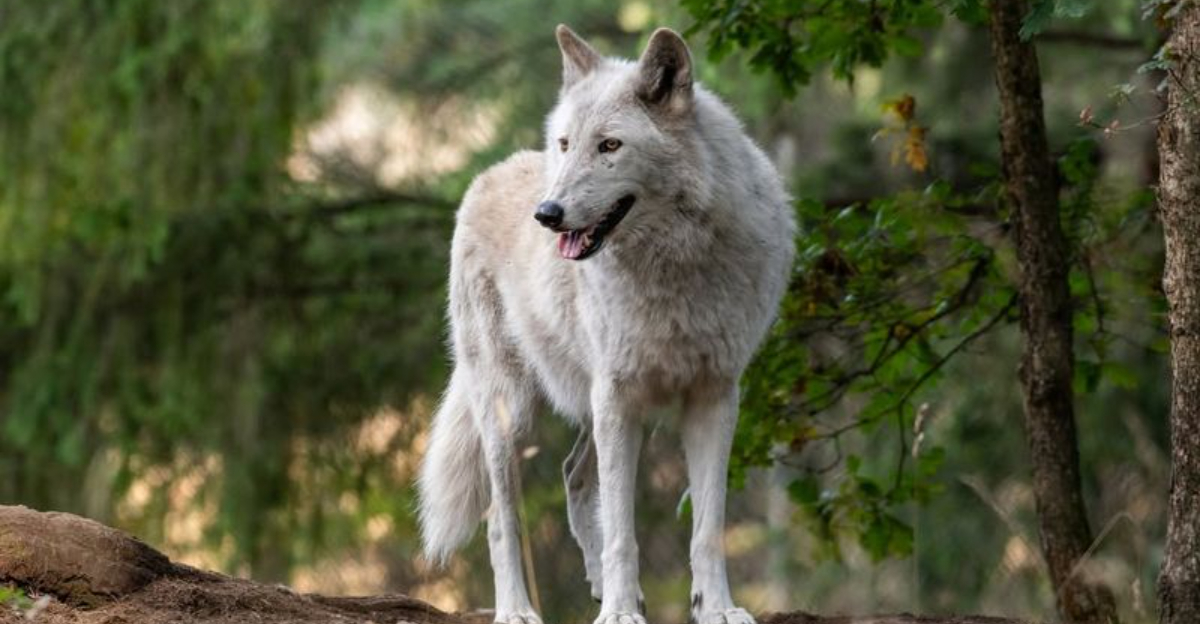
Ever thought about having a wild wolf as a pet? It might sound thrilling, but there are some pretty convincing reasons why it’s not the best idea. Wolves, with their untamed spirit and majestic presence, are undoubtedly fascinating creatures.
Yet, trying to domesticate them is like squeezing a square peg into a round hole. Let’s delve into the reasons why wolves belong in the wild and what lessons they can teach us about nature and companionship.
1. Instincts And Wild Nature
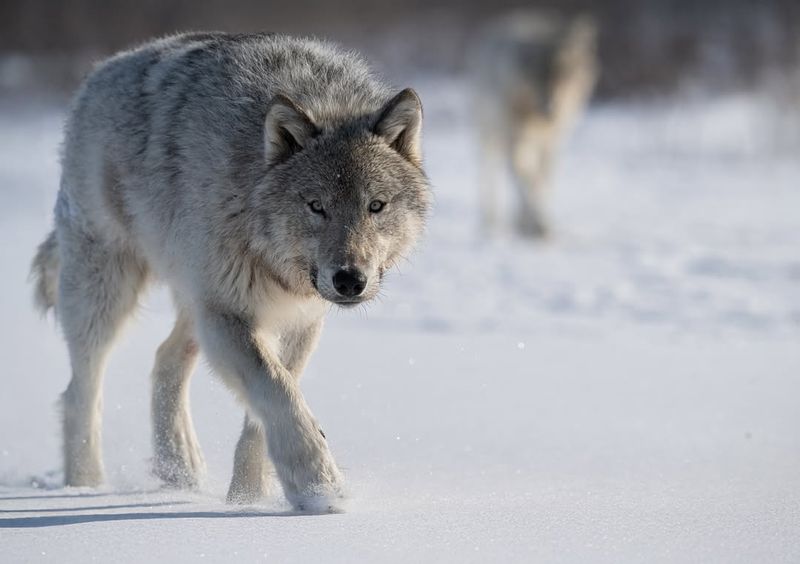
Imagine trying to quench a wildfire with a garden hose. That’s what it’s like trying to tame a wolf’s instincts. Wolves are hardwired for survival, with behaviors deeply embedded in their DNA. Unlike dogs, who’ve mellowed over generations with humans, wolves respond to their wild instincts, not commands.
This wild nature is fascinating, yet it’s a reminder that their true home is in the wilderness, not a house. Their instincts drive them to roam, hunt, and socialize with their pack, not to sit obediently at your feet.
2. Social Structure And Pack Behavior
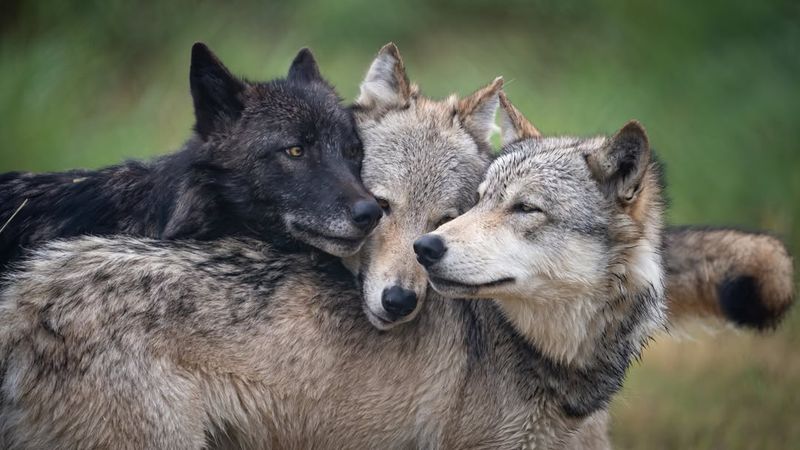
Think of wolves as nature’s social butterflies, but with a bite. Their pack dynamics are intricate, revolving around a hierarchy that dictates their behavior. Unlike the family dog, wolves don’t just adapt to human social structures.
They crave the complex interactions within a pack, where each member has a role. This social structure is essential for their mental health and survival. In a human home, they might feel isolated and stressed, missing the pack energy they thrive on.
3. Dietary Needs And Hunting Skills
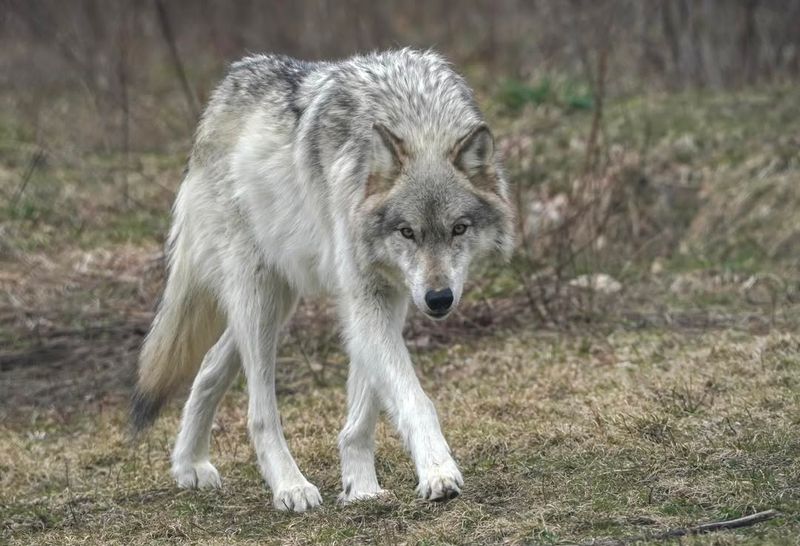
Ever tried feeding a wolf kibble? It’s like offering a gourmet chef instant noodles. Wolves have specific dietary needs that are met through hunting. Their diet consists of large prey, requiring skill and cooperation with their pack.
In captivity, replicating this diet is challenging, affecting their health. Wolves need to exercise their hunting instincts, something not achievable in a human setting. This highlights the importance of respecting an animal’s natural diet and lifestyle, a lesson in ensuring our own needs align with our environment.
4. Space And Territory Requirements
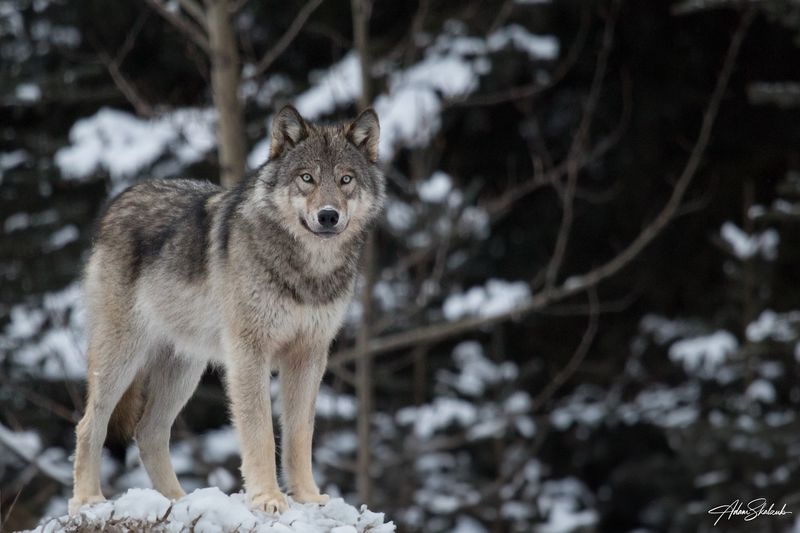
Picture trying to fit a sprawling forest into a backyard. Wolves are creatures of vast territories, needing space to roam, hunt, and explore. A typical home or backyard is insufficient for their territorial and exploratory needs. In the wild, a wolf’s range can span hundreds of miles.
Confining them leads to frustration and behavioral issues. They’re not built for confinement, and their mental and physical health suffers in restricted spaces. This teaches us the significance of respecting natural habitats and the freedom that comes with it.
5. Communication And Vocalization
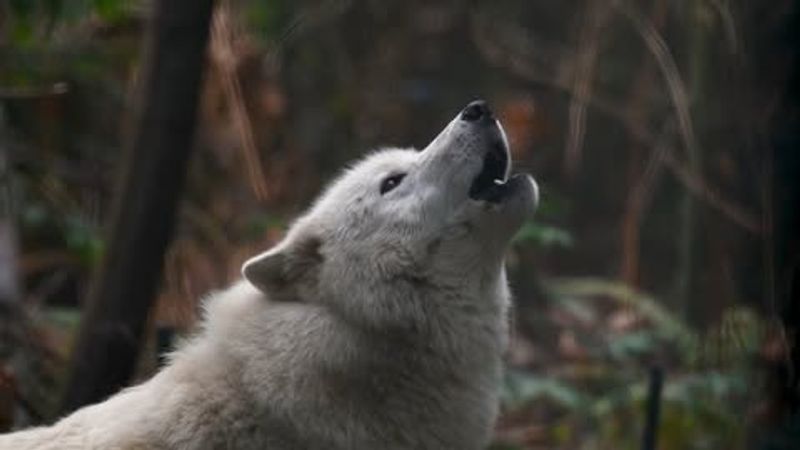
Wolves are the opera singers of the animal kingdom. Their vocalizations, from howls to whines, are vital for communication within the pack. These sounds express emotions, mark territory, and coordinate activities. Unlike domesticated pets, wolves’ need for vocal expression is powerful and instinctual.
Living in a human environment, their vocalizations can be misunderstood or discouraged, leading to confusion and stress. Embracing the beauty of their communication teaches us to appreciate diverse forms of expression, both in nature and in our lives.
6. Temperament And Unpredictability
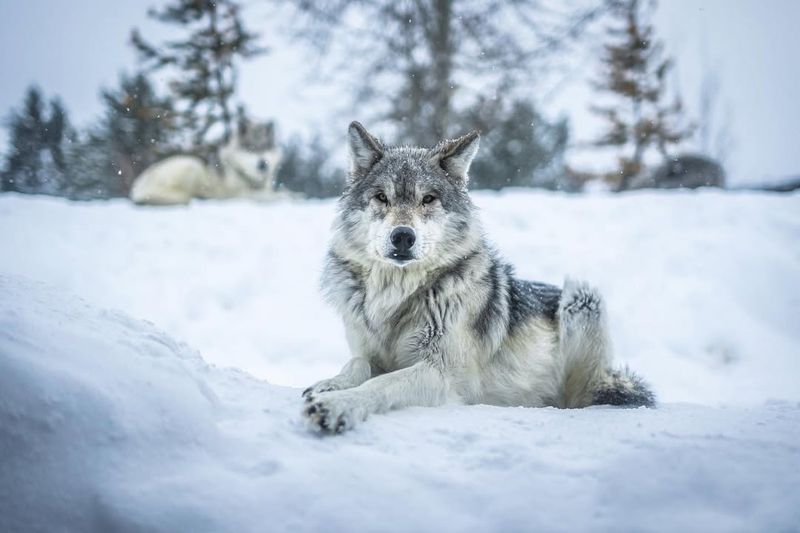
Imagine a rollercoaster with no tracks. That’s a wolf’s temperament. Their mood can switch from calm to fierce unpredictably. Wolves are not bred for companionship like dogs and can be wary of human interaction. Their wild temperament makes them unsuitable for a domestic setting, where predictability is key.
Understanding their nature as wild animals helps us respect their boundaries and recognize the differences between domesticated pets and wildlife. It’s a lesson in appreciating their wild beauty without trying to change it.
7. Legal And Ethical Considerations
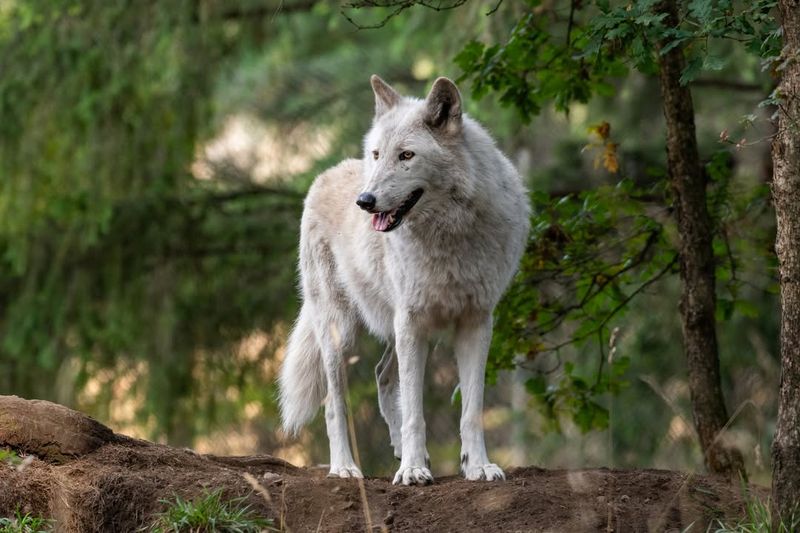
Keeping a wolf as a pet isn’t just challenging; it’s often illegal. Many laws protect wolves, recognizing their role in biodiversity and the ethical concerns of captivity. Wolves play a vital role in ecosystems, and removing them disrupts this balance.
Ethical considerations remind us of our responsibility to protect wildlife, not possess it. The legal restrictions are a testament to society’s understanding that some creatures are best admired from afar. This teaches us to support conservation efforts and respect the law when it comes to wildlife.
8. Conservation And Biodiversity Importance
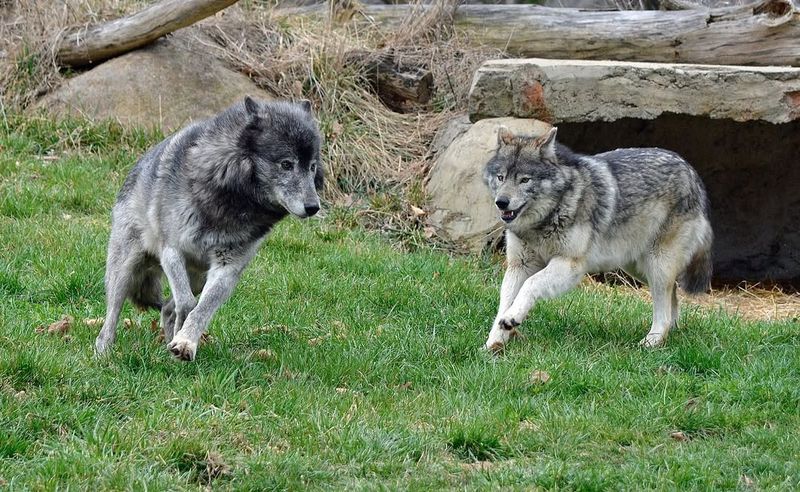
Wolves are more than a pretty face; they’re keystones in their ecosystems. Their presence regulates prey populations and supports biodiversity. Removing wolves can lead to overpopulation of certain species, affecting the entire food chain.
Conservation efforts aim to maintain this balance, emphasizing wolves’ role beyond just being wild animals. This understanding fosters respect for nature’s intricate web.






